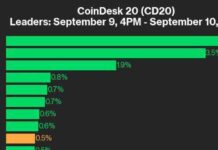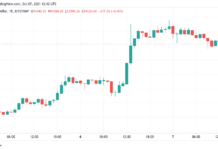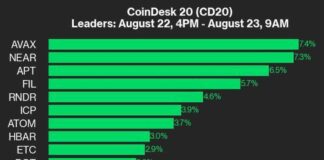Crypto Holders’ Emotional Trading Struggles Unveiled in Kraken Survey
A recent survey conducted by Kraken has shed light on the emotional struggles faced by cryptocurrency holders in making trading decisions. The survey, which gathered responses from 1,248 crypto investors in the United States, revealed that a significant portion of them believe that their emotional decision-making has negatively impacted their investment portfolios.
Fear of Missing Out (FOMO) and Fear, Uncertainty, and Doubt (FUD)
According to the survey results, 63% of US crypto holders cited emotional decision-making pitfalls as a major issue. The fear of missing out (FOMO) and fear, uncertainty, and doubt (FUD) were identified as key factors driving impulsive trading behavior among investors. In fact, 84% of respondents admitted to making decisions influenced by FOMO, while 81% acted based on FUD.
Missing out on significant price surges emerged as the top emotional trigger for 60% of participants, highlighting the strong influence of emotions in shaping trading strategies in the volatile crypto market.
Age and Gender Differences in Emotional Investing
The survey also revealed interesting insights into how age and gender influence emotional investing behavior. Investors aged 45 to 60 were the most likely to feel they had missed out on early gains but expressed optimism about significant returns in the future. On the other hand, male investors were more prone to making decisions based on FOMO compared to their female counterparts, leading to higher levels of regret over missed gains.
Social Media Influence on Trading Behavior
Social media platforms like Twitter and Instagram emerged as significant influencers of trading behavior among crypto holders. The survey found that 85% of respondents who relied on social media for market insights reported significant impacts on their portfolios from emotional trades. The rapid flow of information on these platforms often amplifies feelings of FOMO and FUD, making it challenging for investors to maintain a rational approach.
Despite the challenges posed by emotional trading decisions, many investors are adopting strategies to mitigate impulsive behavior. Dollar-cost averaging (DCA), automated recurring buys, custom orders, and AI trading bots are gaining traction as tools to eliminate emotional bias and focus on long-term investment goals.
Overall, the survey results indicate that while emotions continue to play a significant role in shaping trading decisions in the crypto market, a majority of investors remain hopeful about the future of cryptocurrency. Older investors, in particular, are optimistic about the potential for significant gains in the long run.














